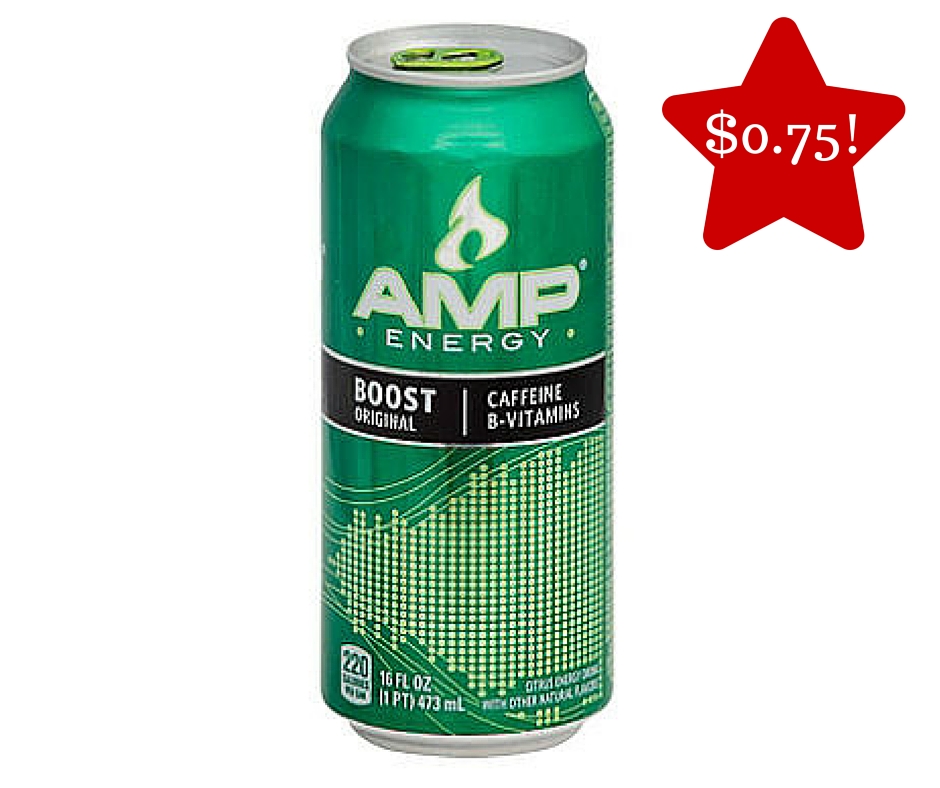

In addition, there have been several single case reports of liver injury linked to use of caffeine-rich energy drinks. Neverless, when taken in excessive amounts they can lead to caffeine toxicity with tremors, confusion, mania, stupor and coma and cardiac arrhythmias and cardiorespiratory failure. In high doses, generally in excess of 1000 mg daily, caffeine can have severe toxicity, marked by confusion, excessive anxiety, mania, hallucinations, seizures, rhabdomyolysis, cardiorespiratory arrest and death.Ĭaffeine Content of Selected Soft Drinks and Energy Drinks Available in the United StatesĬaffeine containing energy drinks are widely used and generally well tolerated. Adverse side effects of caffeine are generally dose related and can include nervousness, irritability, insomnia, headaches, rapid heartbeat, tremor, and gastrointestinal discomfort. Caffeine in typical amounts is well tolerated and not associated with significant side effects or long term adverse outcomes. Caffeine has been shown to have psychoactive properties and to increase alertness and wakefulness and improve physical and athletic performance, although to a minor degree and with considerable inter-individual variability. The average caffeine content in selected energy drinks and soft drinks is shown in the table below. Caffeine is also present in regular soft drinks but generally in amounts similar to tea (2 to 5 mg/oz and 24 to 60 mg per 12 oz can), although soft drink brands with extra caffeine have also become popular (Pepsi Max, Jolt Cola, Mountain Dew Energy). The caffeine content of these products varies from 5 to 40 mg per ounce, and a single serving (8 to 24 ounces 235-710 mL) may contain up to 300 mg of caffeine.
#Bulk amp energy drink full
Popular brands include Red Bull, Monster, Rockstar, NOS Energy, Xyience, Bang, Celsius, Zevia, Full Throttle and Kick Start. The commercial products vary greatly in concentration of caffeine as well as in other characteristics, such as carbonation, flavoring, sugar and sweeteners, vitamins, minerals, amino acids and botanical ingredients. Energy drinks were first marketed in the late 1990s and have subsequently become popular and widely available. Energy drinks are defined as beverages with high concentrations of caffeine that are purported to boost energy, physical and athletic performance and mental alertness.


 0 kommentar(er)
0 kommentar(er)
